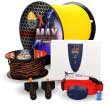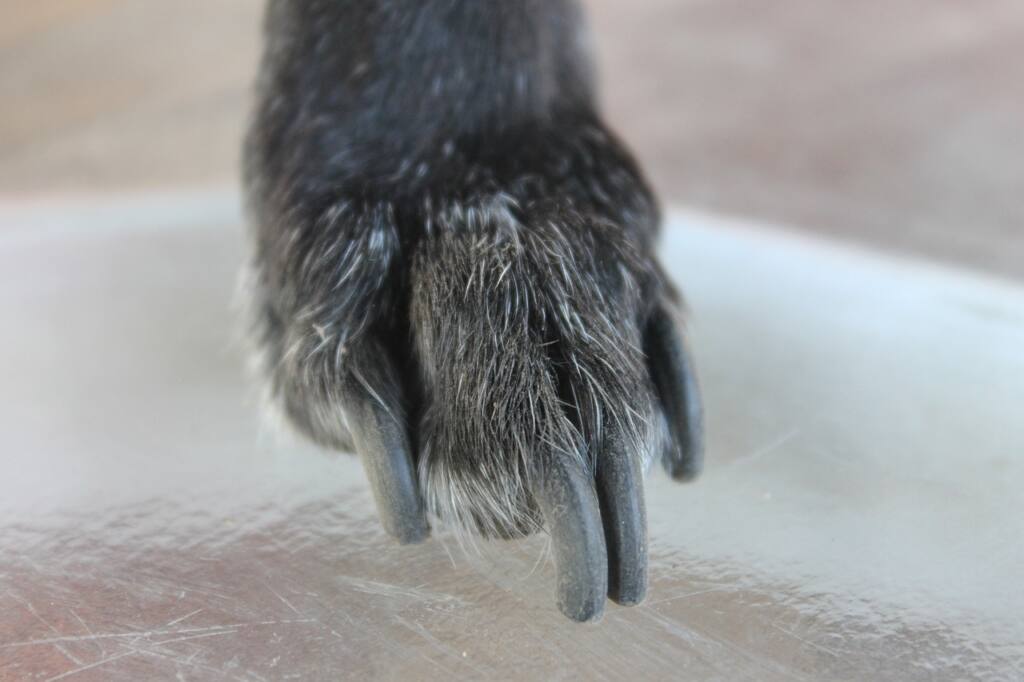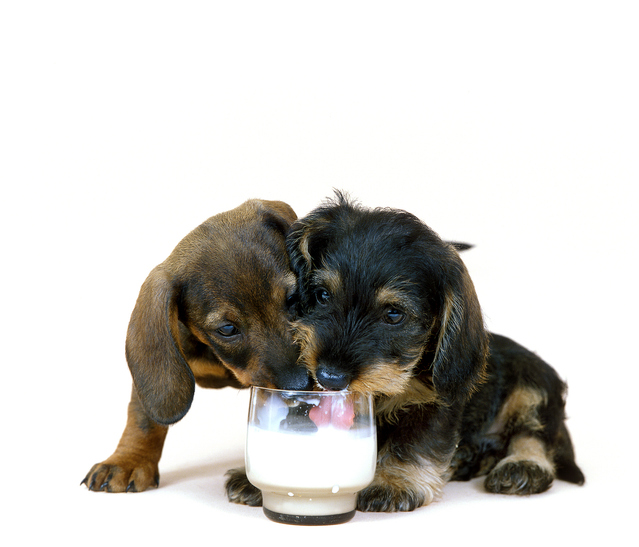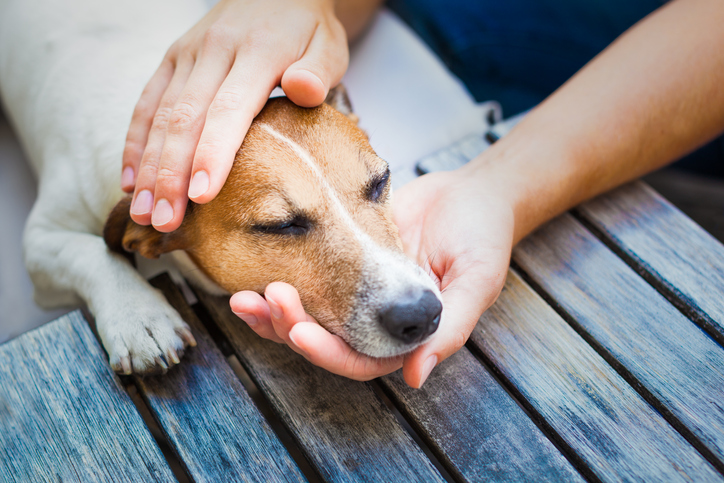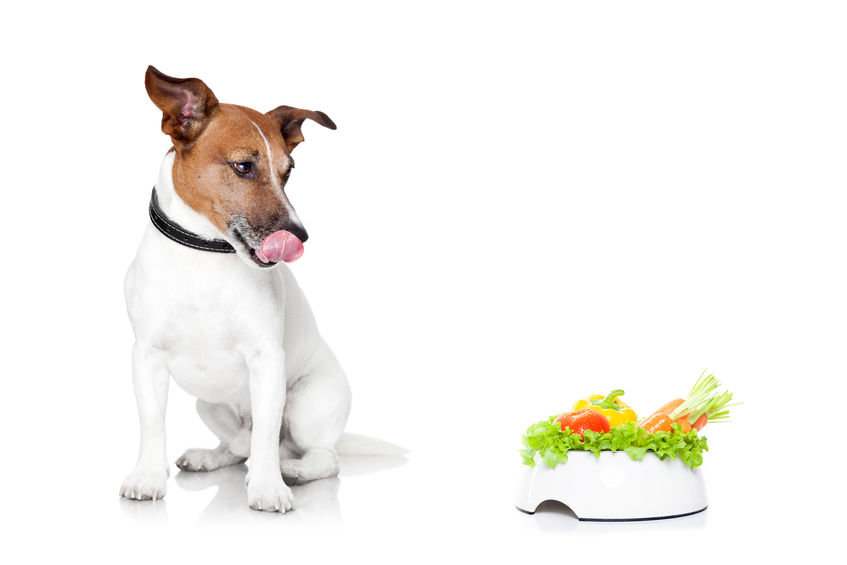
5 Key Elements in Dog Nutrition
5 Key Elements in Dog Nutrition Proper nutrition is essential for maintaining your dog’s health and wellbeing. A balanced diet provides the necessary nutrients for growth, energy, and bodily functions. Here are five key elements to consider in your dog’s nutrition. Proteins Proteins are crucial building blocks for your dog’s body, essential for muscle development, tissue repair, and overall growth. They consist of amino acids, some of which dogs cannot produce on their own and must obtain from their diet. These are called essential amino acids. High-quality protein sources for dogs include: Lean meats (chicken, beef, turkey) Fish Eggs Organ meats (liver, kidney) The amount of protein required varies based… Read More
Continue Reading

